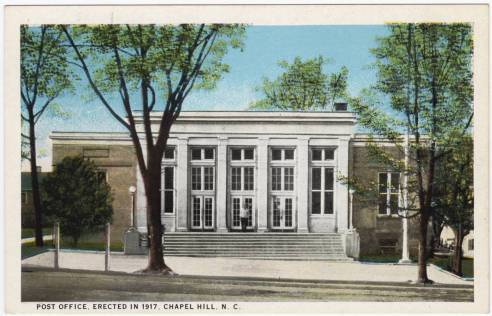Two weeks ago, many people in Chapel Hill and Carrboro expressed concern about the lack of declared candidates for four open seats on the Chapel Hill-Carrboro City Schools (CHCCS) Board of Education.
Via multiple channels, the call went out for local citizens concerned about public education to consider throwing their hats in the ring. Obviously, it is important for CHCCS to have a full and capable Board, but ordinary concerns were compounded by the additional worry that groups like “Moms for Liberty” might put forward potentially unopposed candidates for the vacant seats.
After the issue was publicized, many folks expressed on social media that they were unsure of how they’d find out whether people had declared their candidacy for the races, and whether they could discern what the candidates’ backgrounds and priorities might be.
How to find all candidates running for elected office in North Carolina
All candidates for public office in NC are listed by county and office in a database maintained by the NC State Board of Elections. (Go to the page, scroll down a bit and then click on the link for “2023 Candidate List Spreadsheet (CSV)”. The file that downloads contains a lot of extraneous information (in my opinion), but it’s a great resource to have. This database is updated frequently, so you can keep up to date on who is running for which offices.
When you know the candidates’ names, you can search voter records to see their current party affiliation and voting history in a search function that is also maintained by NCSBE. That feature is HERE. You can look up any registered voter’s party affiliation, as well as which NC elections they have voted in, and, in the case of primary elections, which party’s ballot they voted in the primary.
This information can be very useful, for example, if someone is running for office who has views they might want to shade from full disclosure by registering as an unaffiliated voter rather than as a Democrat or Republican. On the voter database, you can see if that person voted in partisan primaries, and which party’s ballot they voted. It doesn’t tell you everything, but it tells you more than a simple (D), (R), or (U) after someone’s name on a ballot.
(One datapoint it doesn’t tell you: if a candidate has switched political parties and if so, how recently. To find out that information, you can contact the Board of Elections in the pertinent county or the state Board of Elections. Both will send you the voter registration history for any registered voter.)
All of this information is in the public record, and you have a right to know whether a candidate you might consider voting for shares your priorities and takes seriously the important civic responsibility of voting.
If you are new to North Carolina, the NC State Board of Elections has a lot of great information about how to register, where to register, rules about absentee voting, etc.. There is substantial evidence to suggest that voting can be habit-forming. It is certainly a habit worth cultivating!

